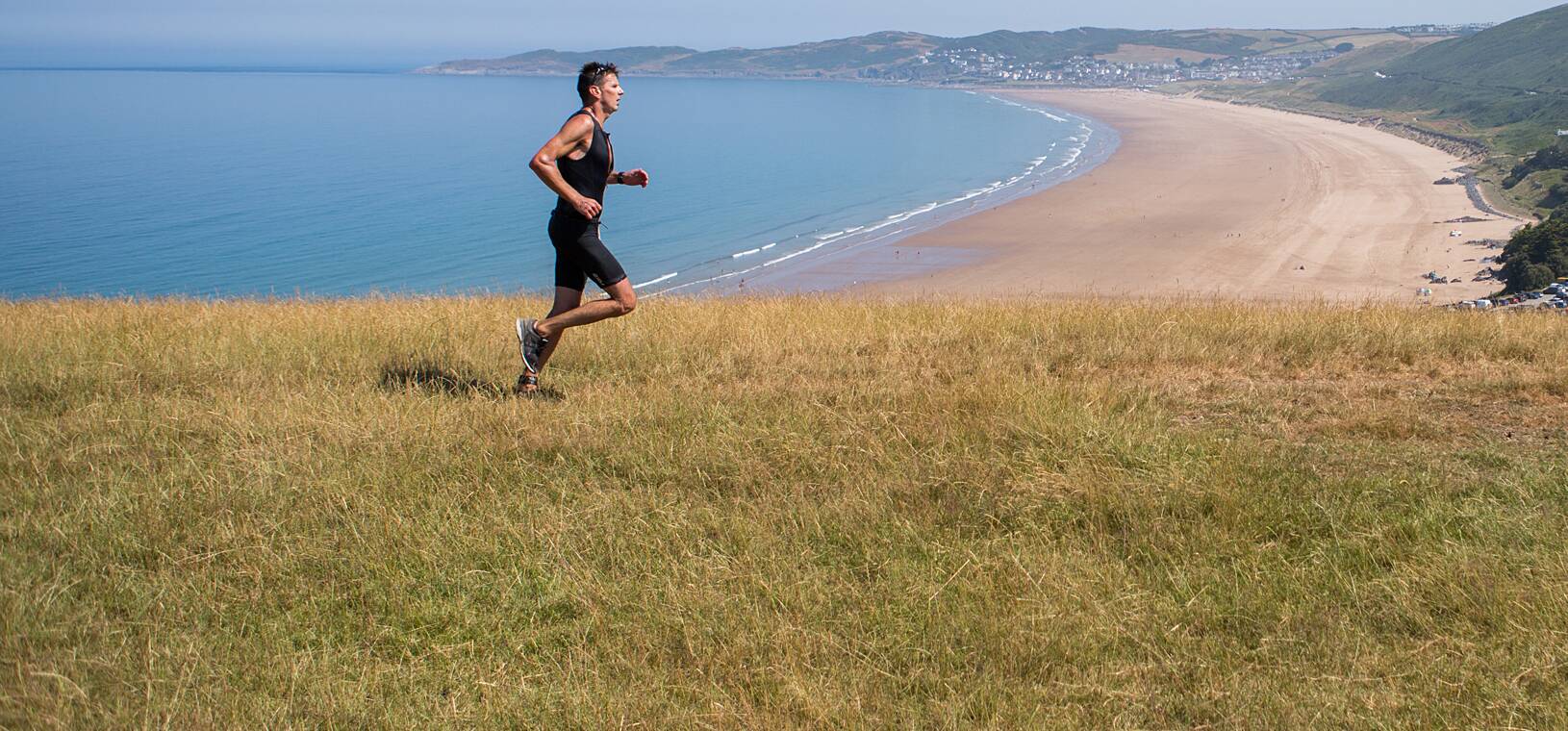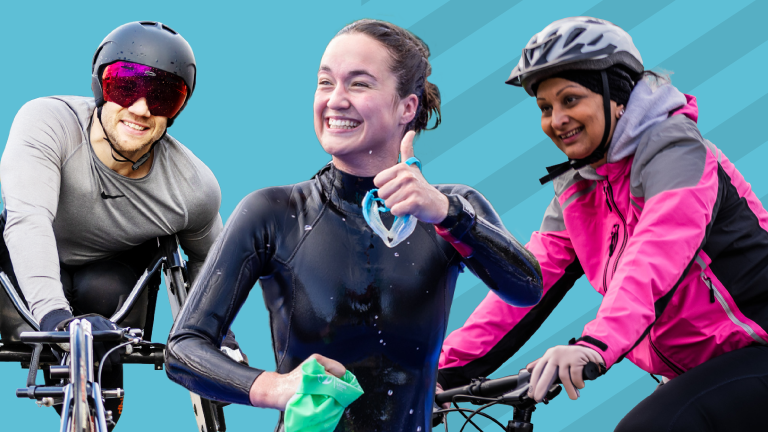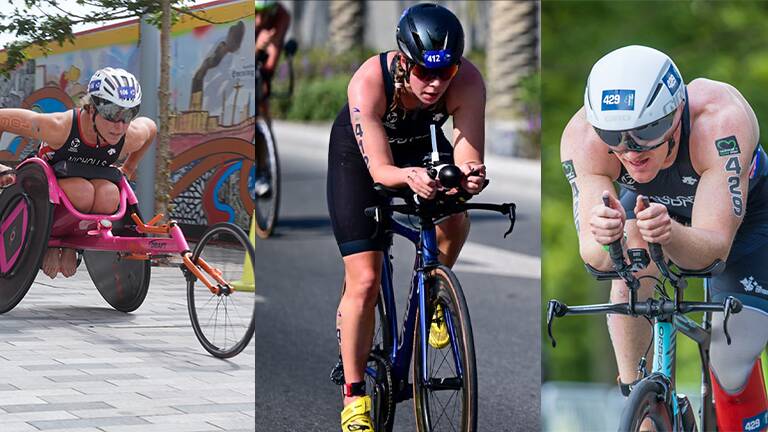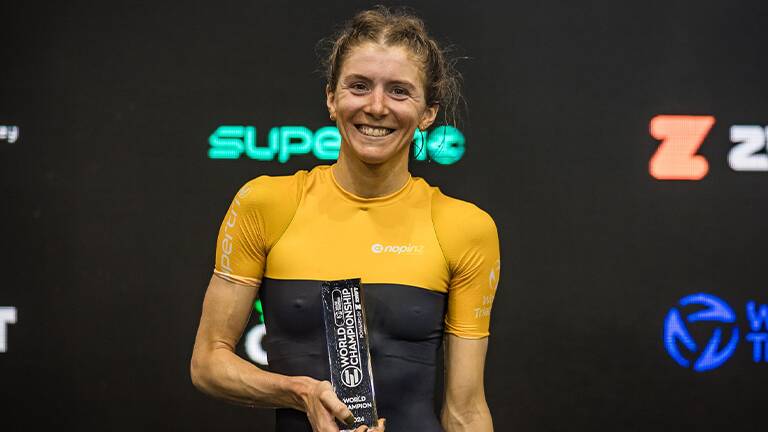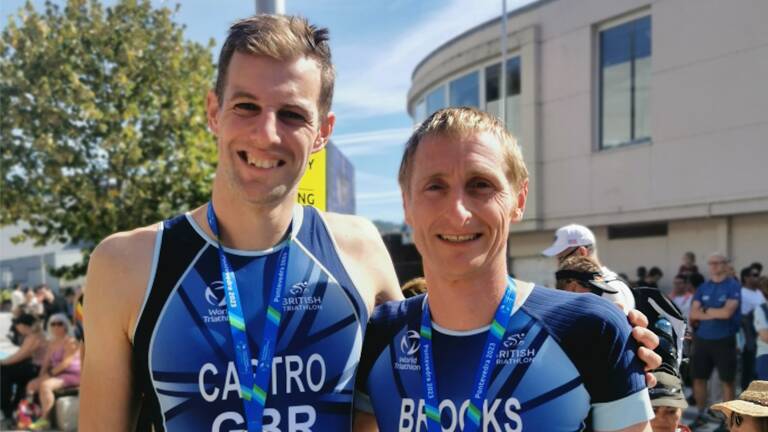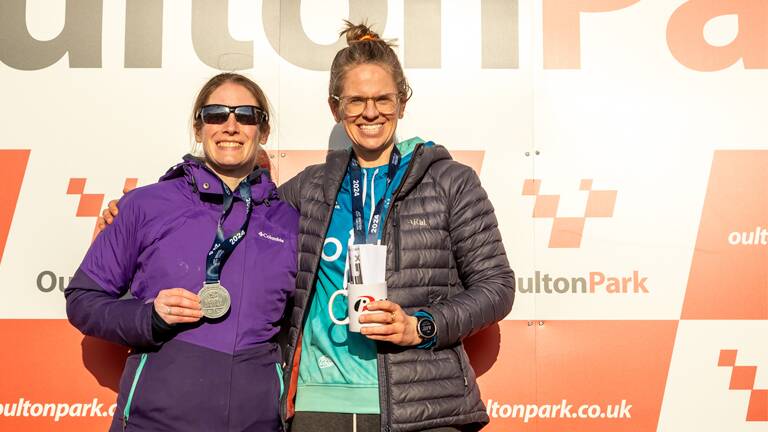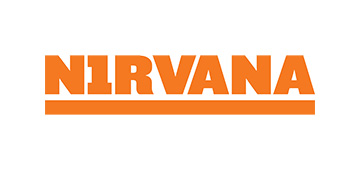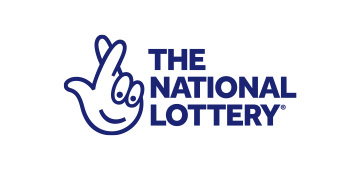Croyde Ocean Triathlon have been plastic free for two years and is working with sponsors and partners to reduce the environmental footprint of the event further in 2020.
Set on the North Devon coast, the Croyde Ocean Triathlon has a sea swim, bike leg through the Devonshire countryside and run along the clifftops overlooking the Atlantic Ocean. The event benefits from an unspoilt landscape which the organisers don’t want to negatively impact.
In 2017, Race Director Peter Wright and the event team committed to cutting plastic from their event and in 2018 went completely plastic free.
“Ahead of our 2018 event we engaged in partnerships with The Pickwell Foundation, Surfers Against Sewerage and Plastic Free North Devon, to work together on our vision to be plastic free,” Wright said.
“Being part of a coastal community we could see the impact of plastic on the beaches and seas and wanted to be part of the solution, not contribute towards the problem. We were the first plastic free sporting event company in the UK and wanted to show that it is possible to go plastic free and put on events in incredible locations without damaging the environment in the process.”
To help make the event plastic free, Wright and the team engaged with their sponsors and suppliers to look at ways in which they could cut plastic from their activities at the event. This included working with vendors to not give away plastic bags or cutlery and asking their medal suppliers to wrap medals in tissue paper rather than plastic.
The commitment to going plastic-free also brought in new sponsors who wanted to get on board, Wright remarks: “Some of our existing sponsors embarked on their own plastic-free journey in their day-to-day operations as well as at the event, but we also saw new sponsors approach us as they could see how what we were aiming for fitted with their own goals and ethos.”
For 2019, the event team were committed to reducing the carbon footprint of the event.
“A lot of the plastic-free measures we’d taken also contributed to reductions in greenhouse gas emissions, but we wanted to make sure we reduced them further,” Wright said. “One example of this is whilst ordering our reusable bamboo coffee cups from China, we ordered far enough in advance to ensure shipping could take place by sea.
“Looking ahead to 2020 we’re looking into ways in which we can offset emissions with local tree planting projects and have linked up with the World Wildlife Fund who are piloting a seagrass planting programme in UK coastal waters. Seagrass can absorb carbon 35 times faster than tropical rainforests and could play a huge role in reducing carbon levels.
“We’re also going to see how we can help competitors reduce their own footprint. As our event is a ‘destination triathlon’ we’re going to explore how we can help those travelling to take part travel more efficiently – car-sharing or running a shuttle bus from the nearest train station.”
Wright and the team want to help other events to reduce their plastic usage and have produced a toolkit of ideas and suggestions for organisers of sports events.
“We want to lead the way and share what we’ve learned through the toolkit which has been specifically developed for mass-participation sports events,” he concluded. “The focus is on reducing single-use plastics at sports events, but the principles can be applied to different types of events to help make them more environmentally sustainable.”

